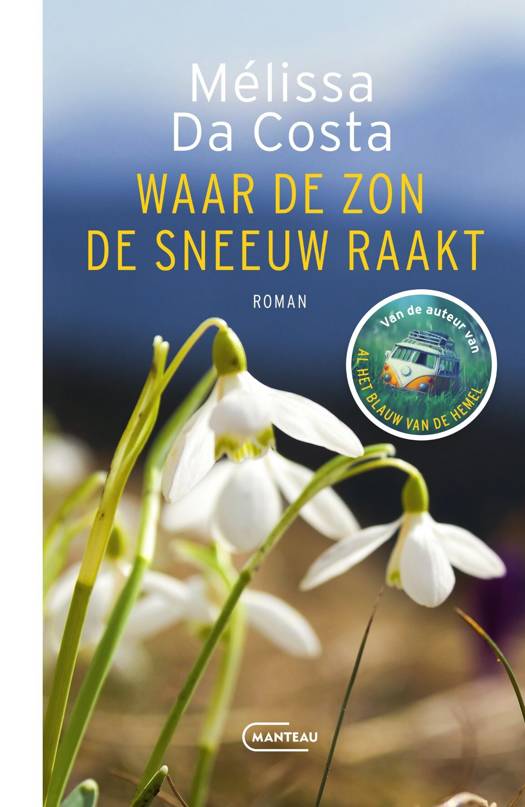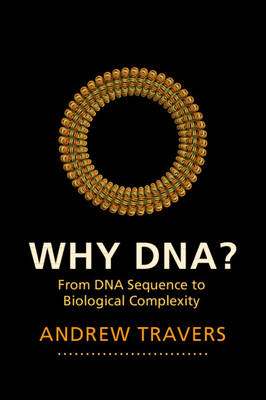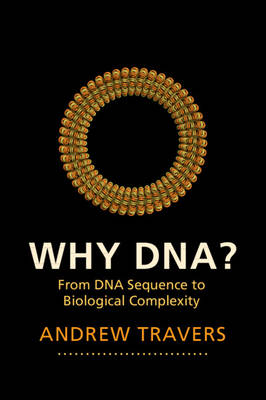
- Afhalen na 1 uur in een winkel met voorraad
- Gratis thuislevering in België vanaf € 30
- Ruim aanbod met 7 miljoen producten
- Afhalen na 1 uur in een winkel met voorraad
- Gratis thuislevering in België vanaf € 30
- Ruim aanbod met 7 miljoen producten
Zoeken
€ 41,95
+ 83 punten
Uitvoering
Omschrijving
Information is central to the evolution of biological complexity, a physical system relying on a continuous supply of energy. Biology provides superb examples of the consequent Darwinian selection of mechanisms for efficient energy utilisation. Genetic information, underpinned by the Watson-Crick base-pairing rules is largely encoded by DNA, a molecule uniquely adapted to its roles in information storage and utilisation.This volume addresses two fundamental questions. Firstly, what properties of the molecule have enabled it to become the predominant genetic material in the biological world today and secondly, to what extent have the informational properties of the molecule contributed to the expansion of biological diversity and the stability of ecosystems. The author argues that bringing these two seemingly unrelated topics together enables Schrödinger's What is Life?, published before the structure of DNA was known, to be revisited and his ideas examined in the context of our current biological understanding.
Specificaties
Betrokkenen
- Auteur(s):
- Uitgeverij:
Inhoud
- Aantal bladzijden:
- 222
- Taal:
- Engels
Eigenschappen
- Productcode (EAN):
- 9781107697522
- Verschijningsdatum:
- 26/05/2022
- Uitvoering:
- Paperback
- Formaat:
- Trade paperback (VS)
- Afmetingen:
- 152 mm x 229 mm
- Gewicht:
- 403 g

Alleen bij Standaard Boekhandel
+ 83 punten op je klantenkaart van Standaard Boekhandel
Beoordelingen
We publiceren alleen reviews die voldoen aan de voorwaarden voor reviews. Bekijk onze voorwaarden voor reviews.











